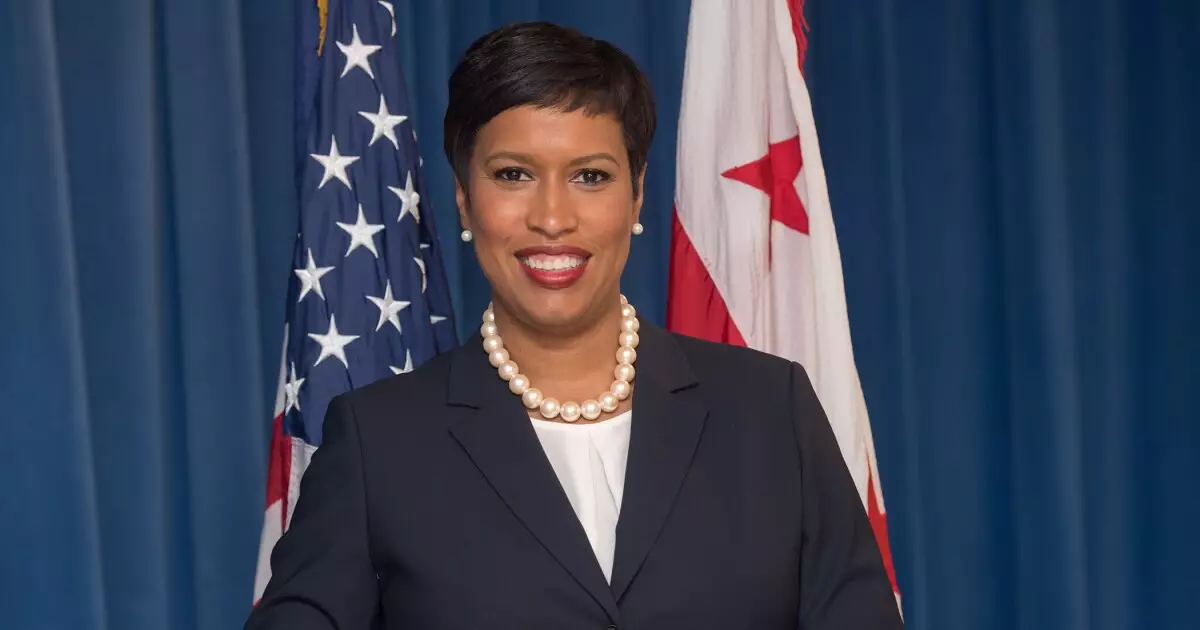The deal to transfer ownership of the deteriorating RFK stadium site from the federal government to the District of Columbia is currently facing a roadblock in the form of the upcoming election. With major players like the Washington Commanders involved, the focus has shifted towards the political landscape rather than resolving the ownership transfer. This delay is likely to impact the timeline for any potential developments at the site.
The Washington Commanders, who currently play their home games in Maryland, are eager to return to Washington and are exploring options for a new venue. However, the uncertainty surrounding the ownership transfer of the RFK stadium site has left the team in a state of limbo. Despite expressing their desire to move back to the city limits, the Commanders are constrained by the lack of progress in the negotiations.
The proposed legislation, known as the “D.C. Robert F. Kennedy Memorial Stadium Campus Revitalization Act,” aims to expedite the transfer of the 174-acre site to the District of Columbia. This legislation also includes plans for commercial and residential development, signaling a potential opportunity for revitalizing the area. However, the stagnation in the Senate is hindering progress towards realizing these plans.
It is encouraging to see bipartisan support for transferring the stadium site to D.C., with key figures like Rep. James Comer and D.C. Del. Eleanor Holmes Norton backing the initiative. This collaboration across party lines underscores the importance of the project and the potential benefits it could bring to the region. However, despite the political goodwill, the transfer process remains mired in bureaucratic hurdles.
The history of sports facility development in the District of Columbia, including the construction of the Nationals’ stadium, offers valuable insights into the challenges and opportunities associated with such projects. The successful relocation of the Washington Nationals from Montreal in 2005 demonstrates the city’s capacity for leveraging public finance to support sports infrastructure. However, these achievements are not without their share of controversies and setbacks.
The stalled transition of the RFK stadium site ownership represents a critical juncture for the future of sports infrastructure in the District of Columbia. While there is a shared vision for revitalizing the area and bringing the Commanders back to Washington, the current impasse highlights the complexities involved in such ventures. As stakeholders continue to navigate the political and logistical challenges, it remains to be seen how this saga will unfold and whether the RFK stadium site will finally witness a new chapter of development and progress.

